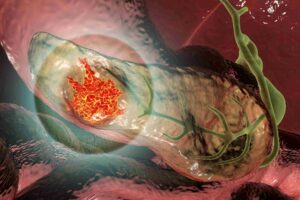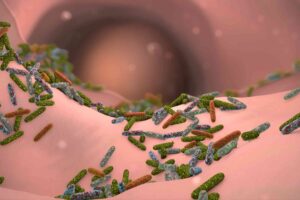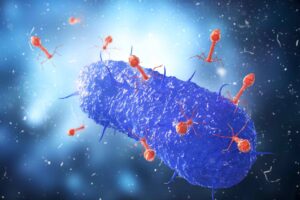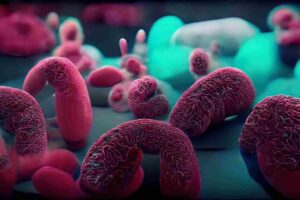Gastroenterology
Gastroenterology, Nutrition
The findings of a new study suggest that the interplay between diet, microbiota and intestinal immunity regulates obesity, diabetes and other metabolic conditions.
Gastroenterology, Oncology
A gut microbial metabolite called trimethylamine N-oxide, or TMAO, could improve immunotherapy success in pancreatic cancer.
Gastroenterology
The findings of a new research suggest that microbiota-based therapies can help improve clinical outcomes after organ transplants.
Gastroenterology
Researchers have developed a new technique that can identify which gut microbes have migrated from the gut to the blood.
Gastroenterology, Video
Sam Costello (The Queen Elizabeth Hospital in Adelaide) presented recent evidences about FMT and IBDs.
Gastroenterology
The findings of a recent study suggest that phages can be used to treat IBD and other diseases associated with gut microbes.
Gastroenterology, Scientific research
The findings of a recent study suggest that engineered native gut bacteria could be employed to help treat certain diseases such as diabetes.
Gastroenterology, Nutrition
A recent study suggests that the microbiome changes in response to human consumption of non-nutritive sweetener may induce glycemic changes in consumers in a personalized manner.
Gastroenterology
The findings of a new research suggest that different responses to statins can be explained by the variation in the human microbiota.
Gastroenterology
The findings of a new research illuminate the link between IBS and gut bacteria, and suggest that histamine is a good target for therapies against the condition.











